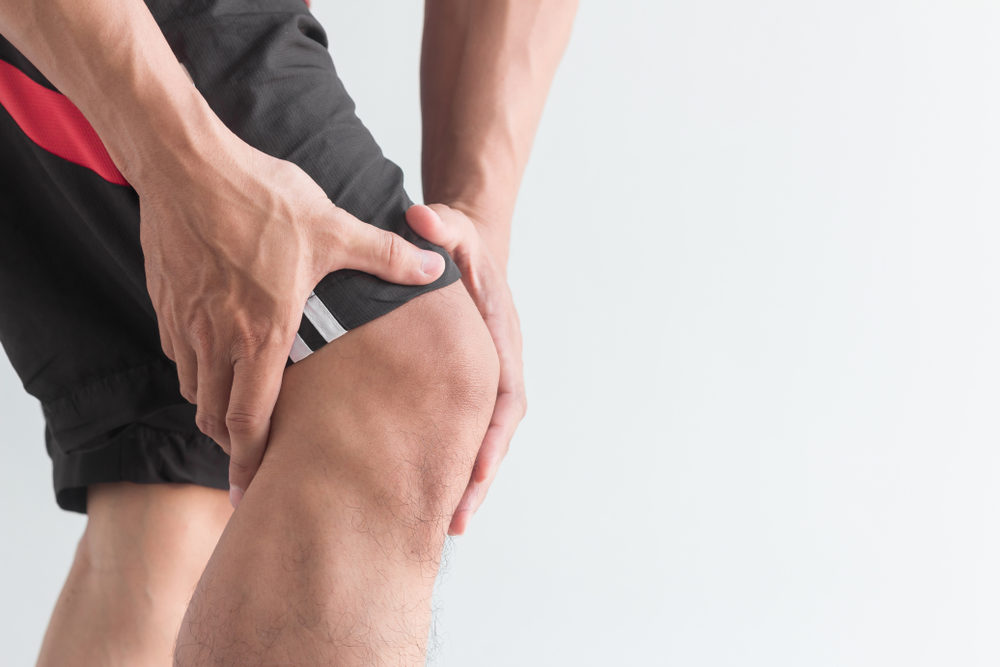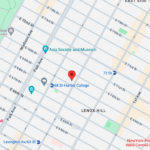Joint pain and stiffness can arise from a variety of sources. Learn about four common causes, and how you can seek relief from your discomfort.
Depending on the part of the body that’s affected, joint pain and stiffness can have several different causes — stiffness in the arms and legs, for example, might be caused by arthritis or bursitis. Neck stiffness, on the other hand, may be the result of a muscle strain or herniated disc.
Regardless of the source, stiff joints can keep you from enjoying the activities you love. In this guide, we explore some of the common causes of joint stiffness and suggest treatment options to address your symptoms.
WHAT CAUSES STIFF LIMBS?
If you’re experiencing pain and stiffness in your arms or legs, arthritis or bursitis may be the culprit.
Arthritis
Arthritis occurs when the joints become swollen or inflamed. There are many different types, but the most common are osteoarthritis and wear-and-tear arthritis. Symptoms include stiffness, pain that intensifies with pressure, cracking or grinding noises with movement, and decreased function of the joint.
Arthritis is often the result of wear and tear, and it is more likely to affect people as they get older. Osteoarthritis, which is common in the knee joint, occurs when the cartilage degenerates over time, causing friction between the bones. In some cases, the cartilage completely wears away and leaves nothing to protect the bones. Traumatic injuries like fractures or dislocations can also make you more susceptible to developing arthritis later in life.
Bursitis
Bursitis is caused by an inflamed bursa, the sac of lubricating fluid in the joint that minimizes friction between bones and tissue. This condition usually occurs in the knees, hips, shoulders, or elbows. The symptoms are often similar to those of tendonitis, and include pain, swelling, and an inability to place pressure on the affected area.
Bursitis is most often caused by overuse, such as repetitive impact in one area. Everyday activities like throwing a ball or putting away groceries can exacerbate the condition. Bursitis may also be the result of bone spurs, rheumatoid arthritis, or localized trauma.
WHAT CAUSES A STIFF NECK?
Like stiffness in the limbs, neck stiffness can also be the result of arthritis. Other common causes include muscle strain and disc herniation.
Muscle Strain
Muscle strain is the result of a pull or tear in the tendon — the tissue that connects muscle to bone — or the muscle itself. It can occur suddenly or develop over time with repetitive motion. Symptoms include pain, swelling, muscle spasms, cramping, and difficulty moving.
Strains can be caused by a variety of everyday activities, especially heavy lifting. Muscles may be overstretched or twisted during exercise or sports. An “acute,” or sudden, sprain occurs when a muscle is pulled or torn with excessive force.
Herniated Disc
A herniated disc is caused by a tear or rupture in the cartilage of an intervertebral disc. As the gel-like center of the disc begins to protrude, it may irritate the surrounding nerves in the neck. The symptoms of disc herniation include heavy pain, a sense of numbness or tingling in the limbs, and a feeling of weakness. In some cases, however, patients experience few or no symptoms.
Herniated discs are often the result of everyday occurrences like coughing, sleeping in an awkward position, sitting for a long period of time, or poor posture. Heavy lifting or rapidly increasing the intensity of your workout can also cause a disc to slip. Aging may increase the risk of disc herniation, as intervertebral cartilage degenerates over time.
TREATMENT OPTIONS
Most cases of joint stiffness can be managed with conservative treatments like rest, icing, and anti-inflammatory medication. Physical therapy exercises can help patients reduce pain, build up strength and flexibility, and prevent future injury. Steroid injections may also reduce inflammation, alleviate pain, and increase range of motion in the joint.
While conservative methods are effective in most cases, some more severe injuries may require surgery. Most patients respond well to these minimally invasive procedures and benefit from fast recovery times.
If you’re suffering from stiffness in your neck or limbs, it’s important to visit an orthopedic specialist for an accurate diagnosis. At New York Bone & Joint, our physicians and physical therapists will help you build a comprehensive recovery plan to eliminate joint pain and stiffness. Give us a call or book an appointment online today.




